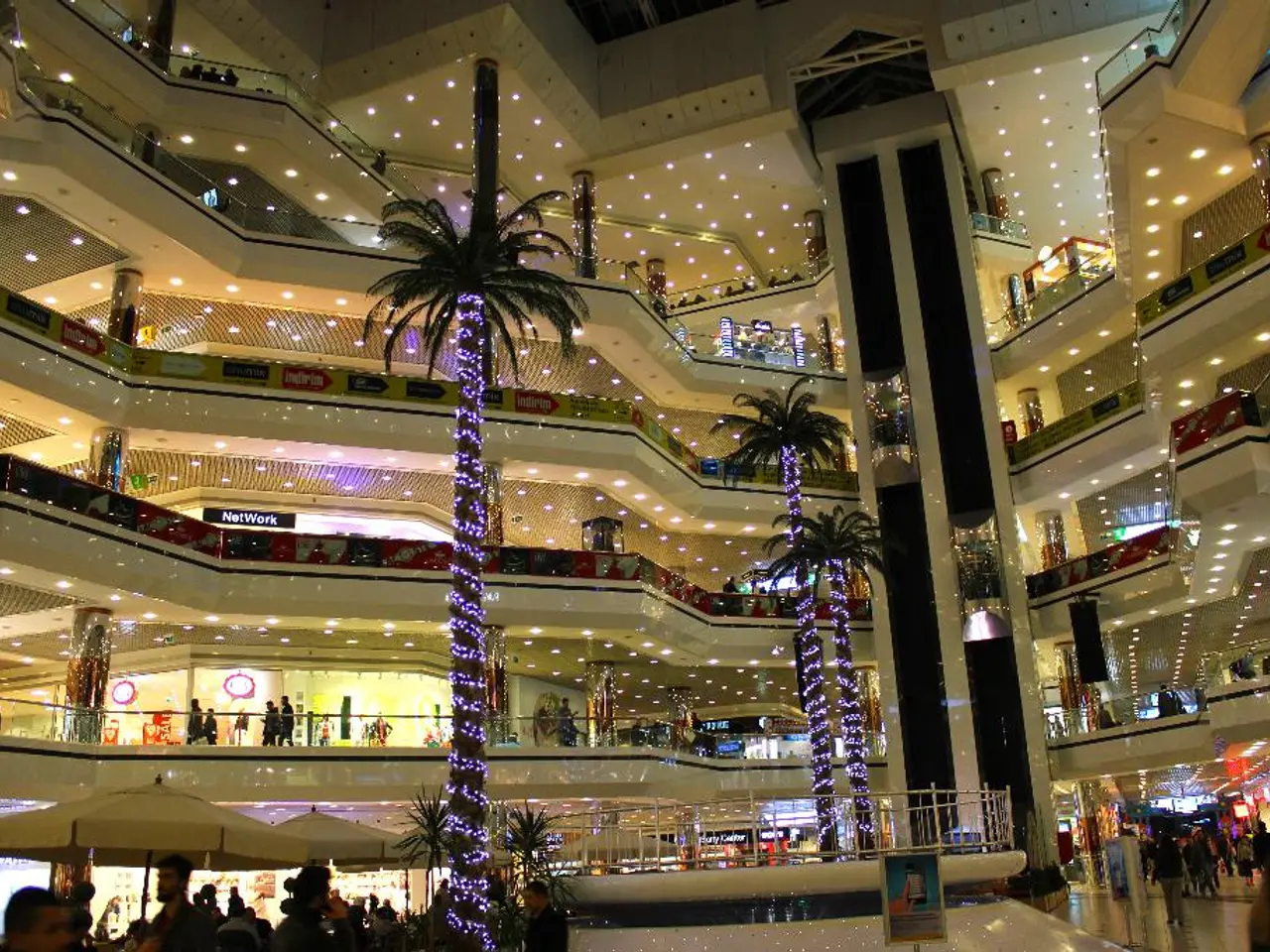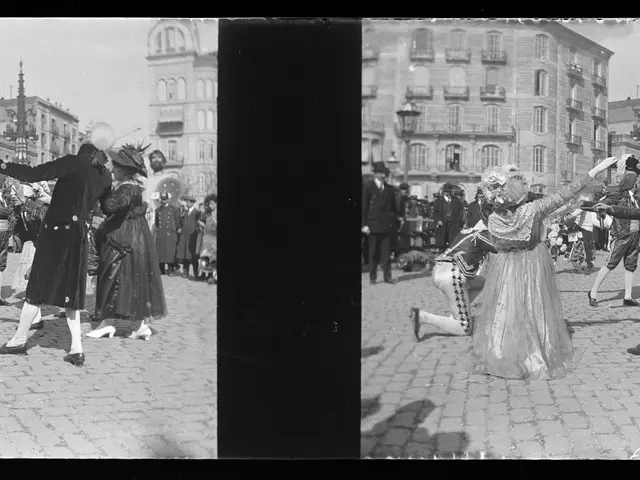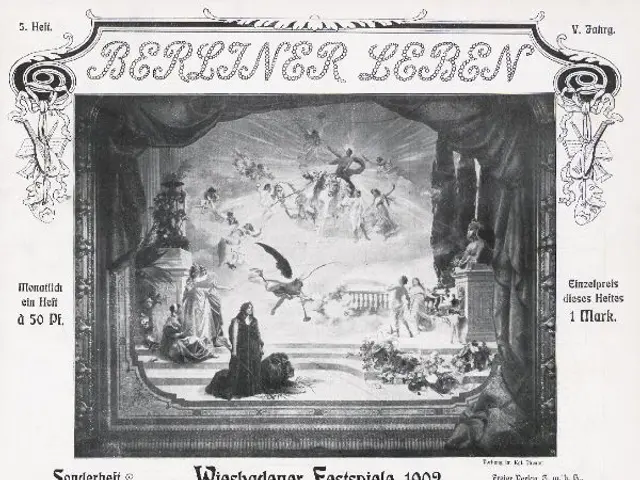Tonight: 'The Kiosk' Explores Social Significance of Germany's Late-Night Shops
Tonight at 22:15 on ZDF, the documentary 'The Kiosk' explores the social significance of small kiosks, or 'Spätis', in Germany. These late-night shops, often run by individuals like Serdar and Naciye, have seen a decline in numbers but remain vital community hubs.
Serdar, a 28-year-old father, took over the Späti at Viktoriapark in Berlin-Kreuzberg three months ago. He transformed it into a gathering spot for neighbours and a place to accept deliveries. The 'Ballerbude' kiosk in Oer-Erkenschwick, run by Naciye since 2012, serves a similar purpose. It's been operating since 1980 and has become a community hub where regulars organise outings and bring small gifts.
Spätis have evolved over time. Once numbering around 2000 in Berlin, they've halved to about 1000 today. They're increasingly replacing traditional, pricier bars. Despite this, they face challenges. Rising prices impact both customers and operators, threatening social security. 'The Kiosk', part of the '37 Grad' series, delves into these issues, focusing on kiosk operators like Serdar and Naciye.
Tonight's documentary 'The Kiosk' shines a light on the importance of Spätis in German communities. Despite their decline, these small shops continue to play a crucial role in social cohesion. With rising prices affecting both customers and operators, their future remains uncertain.
Read also:
- Late-night host Lawrence O'Donnell responds to Jimmy Kimmel's departure with a discussion on a subject "Donald Trump doesn't wish us to examine"
- EU Member States cast their decisions
- Eighteen-Year-Old Speaks Out Against Lowering Voting Age to Sixteen
- King Charles's body language analyst dissects signs of apparent 'impatience' exhibited by Charles towards Trump








